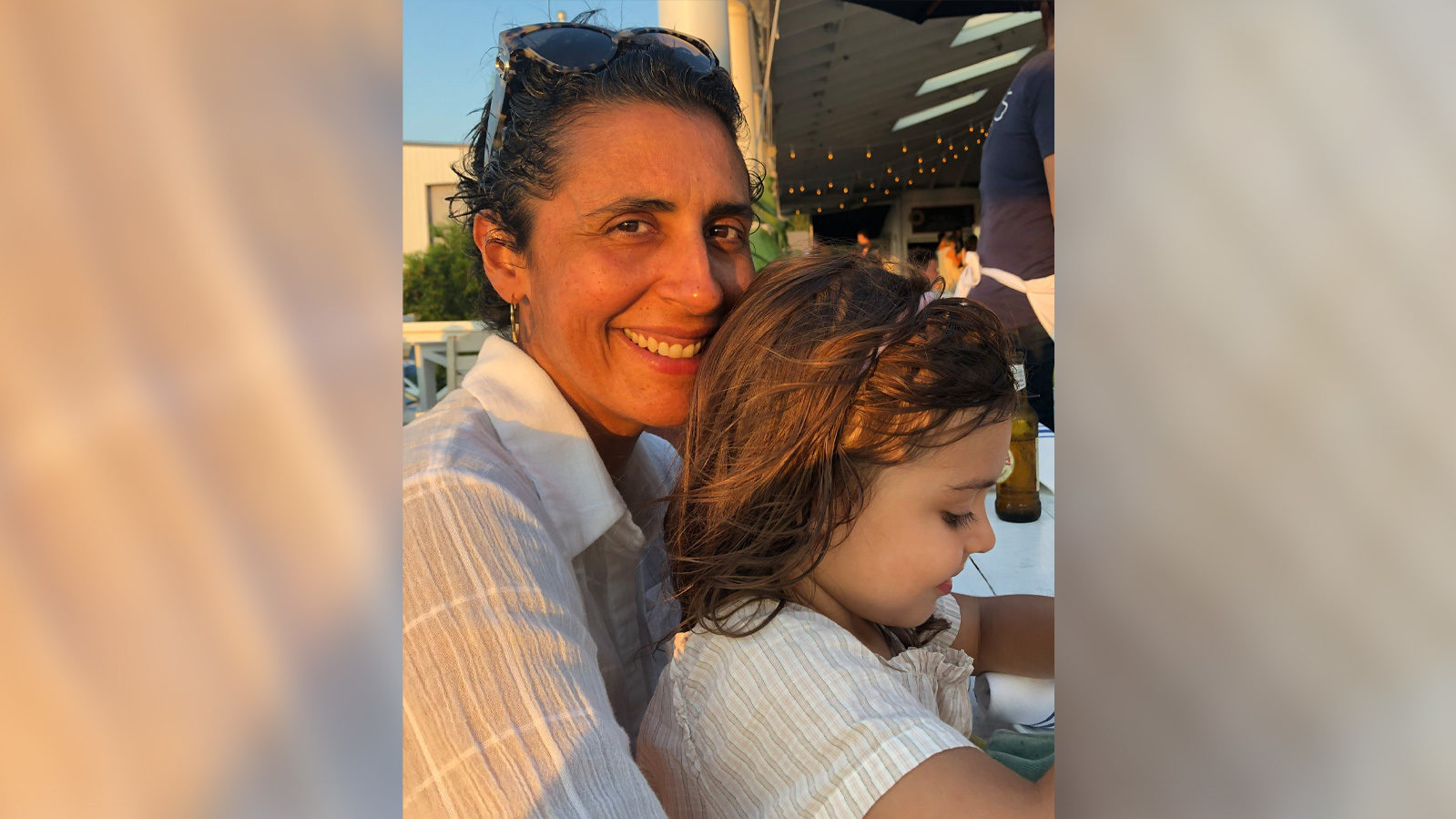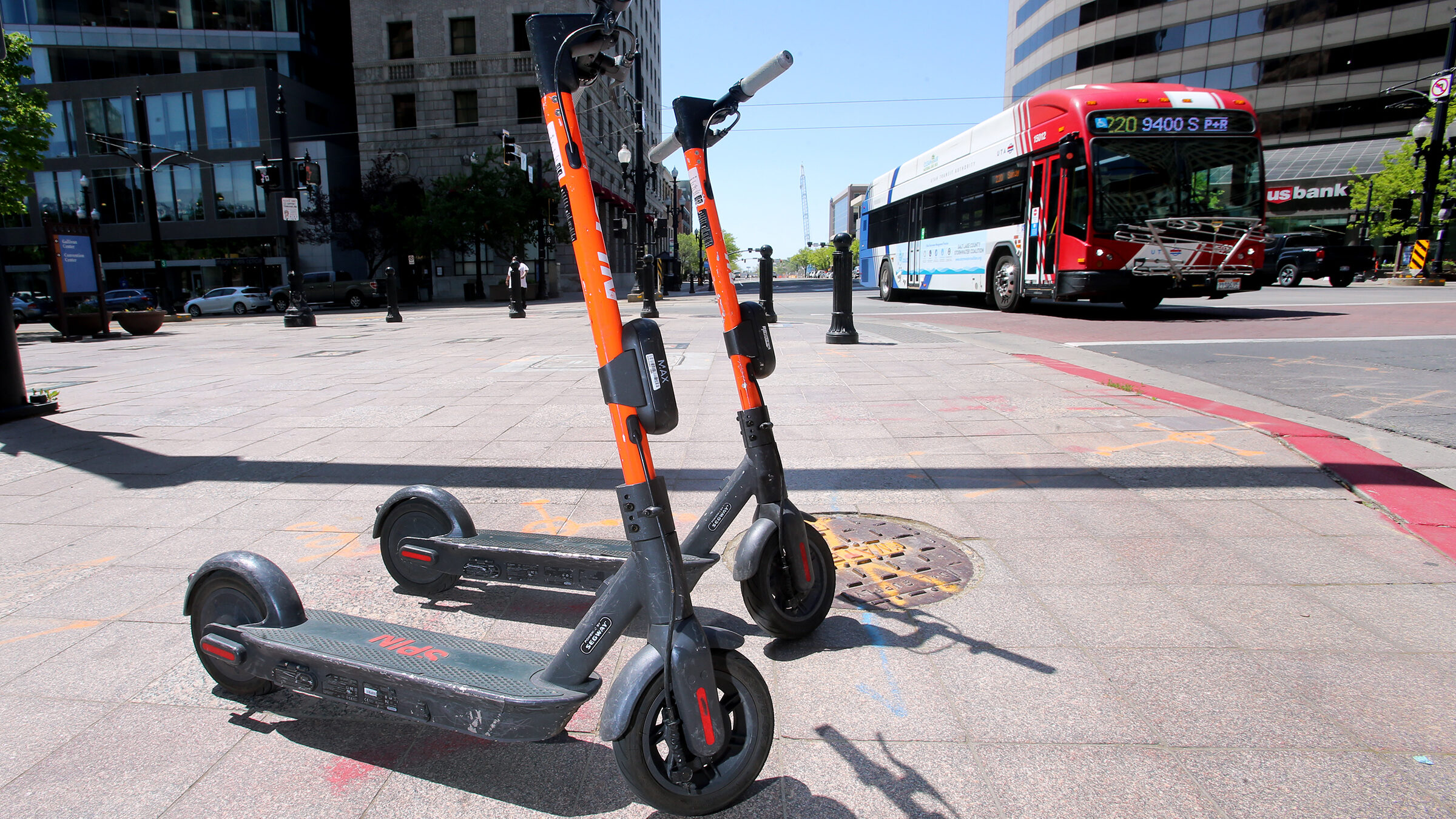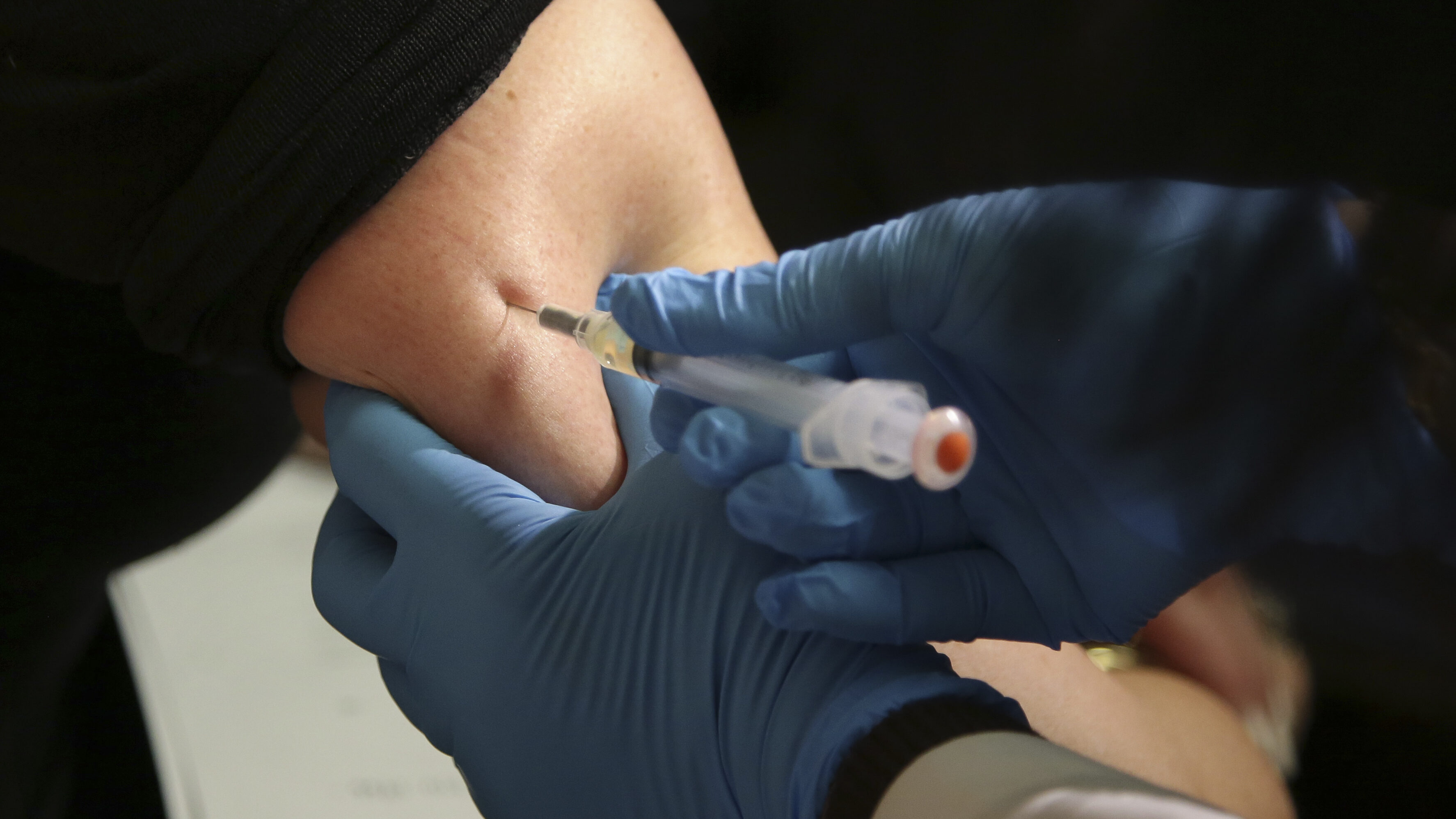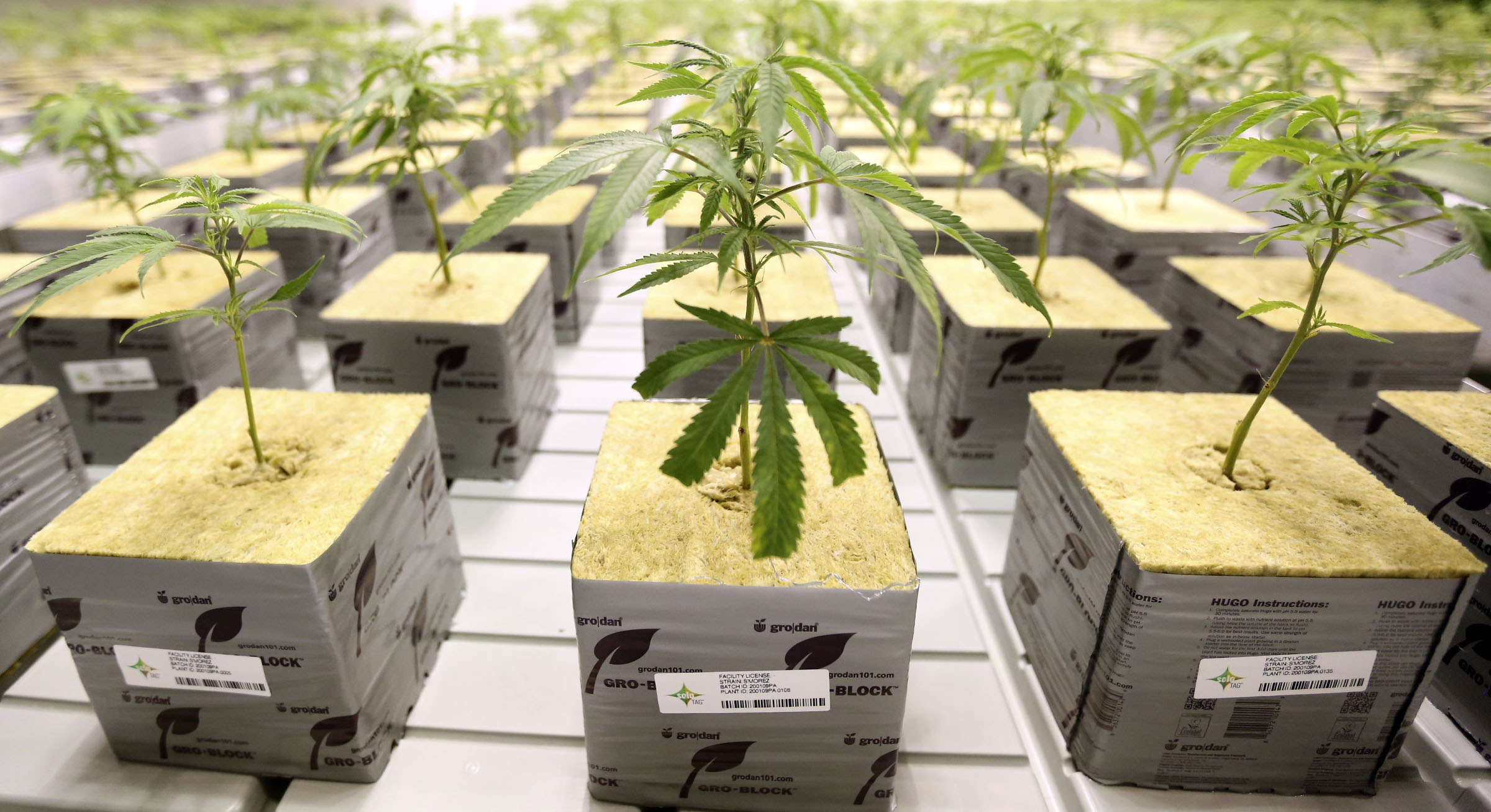A global epidemic of cancer among people younger than 50 could be emerging
Oct 14, 2022, 7:30 AM

Dos Reis Nunes had early-onset colorectal cancer, which has seen a surge in younger patients. (CNN)
(CNN)
(CNN) — Iana dos Reis Nunes was 43 when she told her husband that she could feel something like a bubble in her abdomen when she lay on her side.
An ultrasound scan found spots on her liver, which led to blood tests and a colonoscopy.
“There was a tumor the size of your fist, and she had no pain and no problems with bowel movements or anything like that,” recalled Brendan Higgins, her husband, who works as an artist in New York City.
By the time doctors found it, dos Reis Nunes’ colon cancer had spread. It was stage 4, meaning it had reached other parts of her body.
The family was blindsided.
“She had had a baby 15 months prior to her diagnosis, so she’d had a million blood tests, you know, care from doctors and sonograms … and there was no indication of anything, nothing whatsoever.”
When cancer strikes an adult under the age of 50, doctors call it an early-onset case. These cancers at younger ages are becoming more common.
A new review of cancer registry records from 44 countries found that the incidence of early-onset cancers is rising rapidly for colorectal and 13 other types of cancers, many of which affect the digestive system, and this increase is happening across many middle- and high-income nations.
The review’s authors say the upswing in younger adults in happening in part because of more sensitive testing for some cancer types, such as thyroid cancer. But testing doesn’t completely account for the trend, says co-author Shuji Ogino, a professor of pathology at the Harvard T.H. Chan School of Public Health.
Ogino says the spike is due to an unhealthy stew of risk factors that are probably working together, some which are known and others that need to be investigated.
He notes that many of these risks have established links to cancer like obesity, inactivity, diabetes, alcohol, smoking, environmental pollution and Western diets high in red meat and added sugars, not to mention shift work and lack of sleep.
“And there are many unknown risk factors as well, like a pollutant or like food additives. Nobody knows,” he said.
Ogino thinks the fact that so many of these cancers — eight out of 14 studied — involve the digestive system points to a big role for diet and the bacteria that live in our gut, called the microbiome.
“I think this actually is an important piece because what it’s pointing to is changing exposure prevalences at early ages, that are producing earlier-onset cancers,” says Dr. Elizabeth Platz, an epidemiologist at the Johns Hopkins Bloomberg School of Public Health who also edits the journal Cancer Epidemiology, Biomarkers & Prevention, who was not involved in the review.
Take obesity. Once, it was rare. Not only has it become more common to have a dangerously high body mass index, but people are becoming obese earlier in life, even in childhood, so these cancer risks are building decades earlier than they did for previous generations.
An explosion of colorectal cancer in younger adults
The surge in early-onset colorectal cancer — the cancer dos Reis Nunes had — has been particularly steep.
Ogino’s review found that across the years of the study, the average yearly climb in colorectal cancer in young adults was about 2% in the US, Australia, Canada, France and Japan. In the UK, it’s almost 3% per year in England, Scotland and Wales. In Korea and Ecuador, it is roughly 5% per year.
“It doesn’t seem big, but you can think about inflation: If it’s 2% every year, it’s going to be a big change in 10 years or 20 years, you know?” Ogino said. “It’s not trivial.”
Between 1988 and 2015, those yearly upticks pushed the rates of early colorectal cancers from nearly 8 per every 100,000 people to almost 13 per 100,000 — a 63% increase, according to another recent review published in The New England Journal of Medicine.
Studies show that about 1 in 10 colorectal cancers in the US is diagnosed in someone who is between the ages of 20 and 50.
The younger you are, the higher the risk
Ogino’s review found something called a cohort effect, meaning the risk of an early-onset cancer has increased for each successive group of people born at a later time. Those born the 1990s have a higher risk of developing an early-onset cancer in their lifetime than those born in the 1980s, for example.
Other malignancies going up in younger Americans include those in the breast, endometrium, gall bladder and bile duct, kidney, pancreas, thyroid, stomach and plasma cells in the blood — a cancer called myeloma.
Dr. Karen Knudson, chief executive officer of the American Cancer Society, calls the review “a call to arms.”
Cancer is a serious diagnosis at any age, but when it shows up in younger adults, the tumors are typically more aggressive, and they often go undetected for longer because routine cancer screening isn’t recommended for some of the most common cancer types, such as breast and prostate, until age 50.
“Not only were these early-onset type of cancers more likely to be diagnosed when the tumor is at a more advanced stage, it was also in some of the reports that were tabulated here associated with worse survival outcome,” Knudson said.
‘Not an old person’s disease anymore’
Dos Reis Nunes started treatment in 2017 at Sloan Kettering and Mount Sinai cancer centers in New York.
Her husband remembers the doctors explaining that she was one of a growing number of younger patients they were seeing.
“I recall it being a point of discussion in both hospitals that people getting colon cancer were getting younger and younger, more and more, and they couldn’t explain it,” Higgins said.
Higgins says he spent a lot of time in online support groups, looking for answers and comfort.
“And there were a lot of young people in those groups,” he said. “It wasn’t populated by people in their 50s and 60s. It’s like 30s, 40s, 50s. So I was very conscious that this wasn’t an old person’s disease anymore,” he said.
In fact, routine screening — with colonoscopies and tests that check for blood in stool — has driven down cases of colorectal cancer and made it less fatal in older adults, even as cases have soared in those under 50.
Knudson says three things should happen in the wake of large, definitive reviews like this one.
“One is a call for research so that we truly do understand some of the specific trends that we are seeing,” she says.
Second, she wants to see more awareness of the risks, which will hopefully help people modify their behavior to control what risks they can.
Third, she says, groups that make recommendations for cancer screenings should re-evaluate when those screenings should start. It could be that some should start at younger ages.
In fact, that’s already happening.
Last year, the rising incidence of colon cancer in younger adults prompted the US Preventive Services Task Force to lower the age at which it recommends doctors start screening people for colon cancer to 45.
“If you’re heading to 45, you should really be thinking about this and not waiting until 50 or 55,” Higgins said.
Higgins said his wife’s first 12 months of cancer treatment were almost miraculous, “like remarkable reactions to the chemo.”
“And then — I read about this actually — it can unravel really quickly,” he said. “And once it started unraveling, it just went downhill extremely quickly.”
His wife died in 2019, leaving behind their daughter, Maeve, who had not yet turned 4, an 11-year-old and a 20-year-old.
“We had a great love story,” he said. “I’m still bitter. Still angry.
“Life is OK. Everybody is fine. But I’m like, deep down, I’m seething that it happened to her. She was a really good person.”
The-CNN-Wire
™ & © 2022 Cable News Network, Inc., a Warner Bros. Discovery Company. All rights reserved













